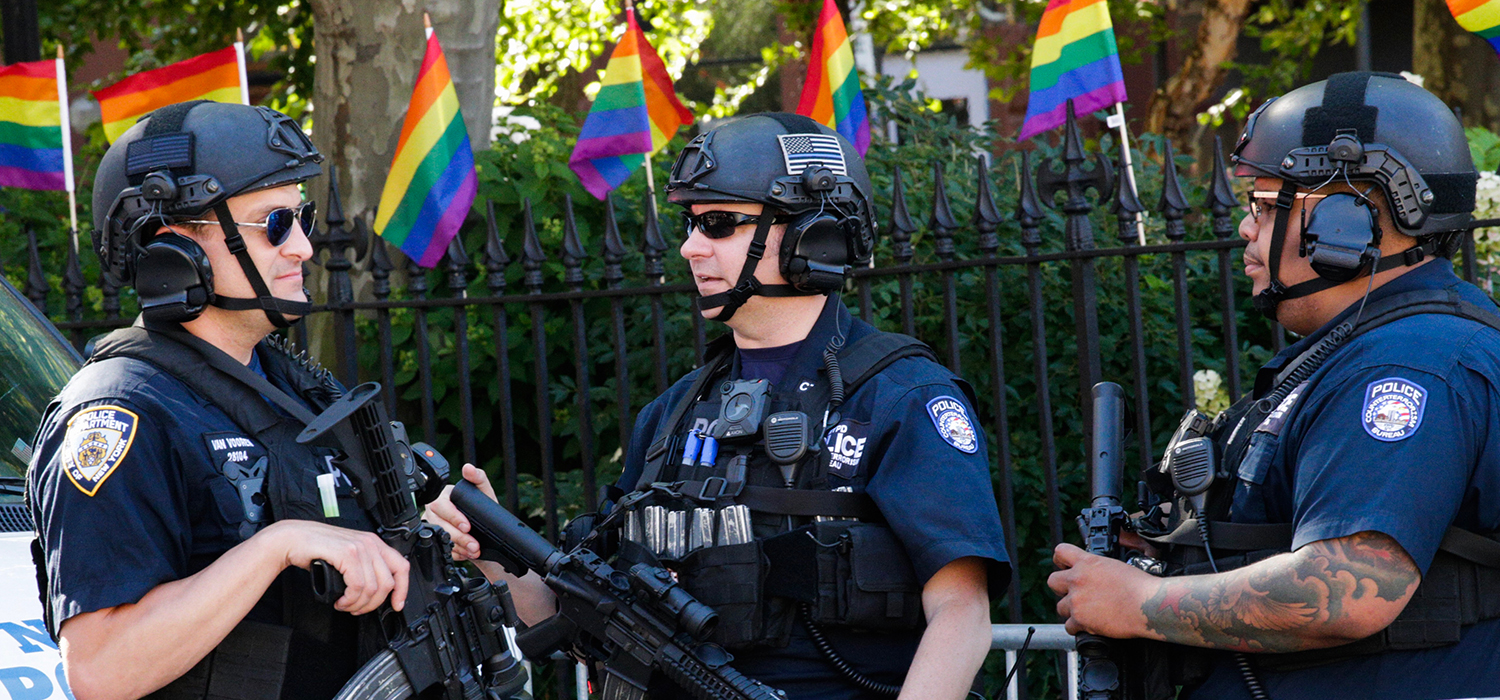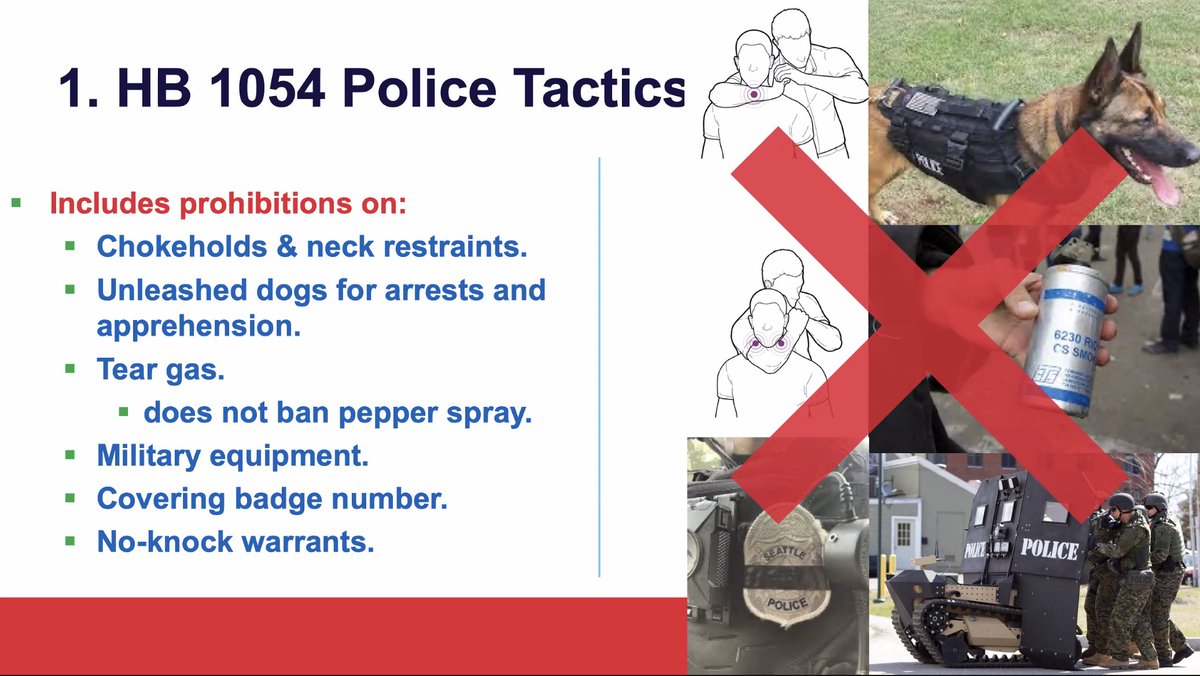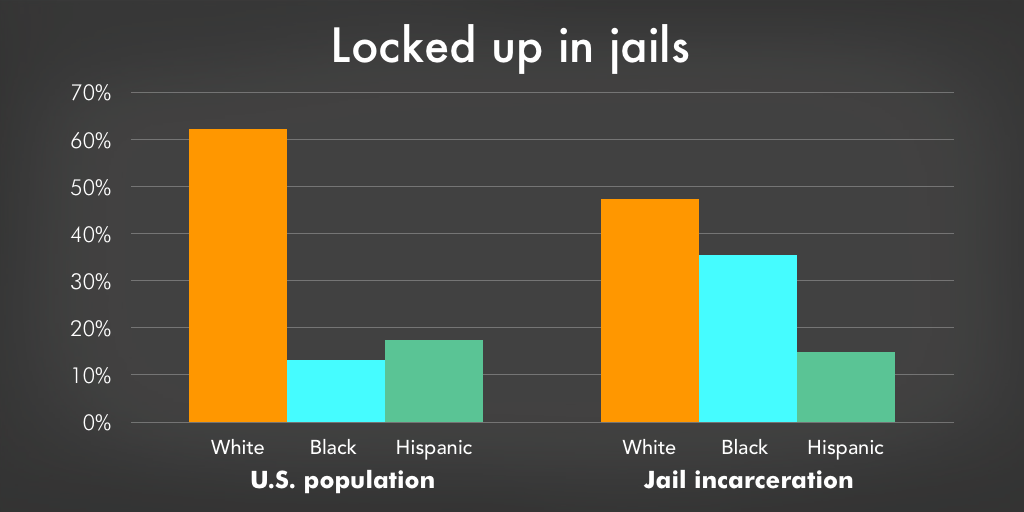
“How can I be arrested for possessing drugs when I didn’t have the drugs anywhere on my body?”
A recent case handed down from the Washington Court of Appeals succinctly answers that question in the context of an unlawful possession case involving the search and seizure of drugs from a vehicle.
In State v. Listoe, the Court held that sufficient evidence existed to establish the defendant had constructive possession over the illegal drugs discovered on the back floorboards of the car he was driving.
FACTUAL BACKGROUND
On May 11, 2018, Deputy Andrew Hren observed a black car parked at a 7-Eleven convenience store. On running the license plate, Hren discovered that the car’s registration had expired. The car pulled out of the 7-Eleven parking lot, Hren got behind it and pulled it over. Listoe, who was driving the car, did not pull over immediately but traveled for about 1,000 feet first, which Hren believed was uncommon.
As Hren approached the car, he could see Listoe making a series of movements with his hands. Listoe opened the door and began to step out, but Hren ordered him to get back in the car. Hren observed Listoe making additional “furtive movements” in his lap area. Hren then ordered Listoe to place his hands on the steering wheel, and Listoe complied.
Hren informed Listoe of the reason for pulling him over, and Listoe responded that the car was not his and that he did not know the registration was expired. A passenger named Ms. Lemon was sitting in the car’s passenger seat. After briefly speaking to Lemon, Hren told Lemon that she was free to leave, and she left. Lemon was not searched during the encounter.
Hren ordered Listoe out of the vehicle and placed Listoe under arrest. During the search incident to Listoe’s arrest, Hren found a plastic bag that contained a white crystalline substance on Listoe’s person. The substance appeared to be methamphetamine. Listoe also had $221 in his wallet.
A K-9 unit alerted to the presence of controlled substances in the car Listoe was driving. Due to the K-9 alert, Hren obtained a search warrant to search the interior of the vehicle for additional evidence of controlled substances. Police found numerous items associated with drug dealing activities: a notepad with a name and phone number, a digital scale, a plastic Tupperware container that had white residue, a factory packaged plastic bag with syringes, and a mint container that contained shards of a white crystalline substance that Hren believed was methamphetamine.
Listoe was charged with one count of possession of methamphetamine with intent to
manufacture or deliver and one count of possession of a controlled substance (Suboxone). The jury found him guilty as charged.
On appeal, Listoe claims that there was insufficient evidence that he had constructive possession over the methamphetamine and Suboxone discovered on the back floorboards of the car he was driving. Listoe asserts that evidence was insufficient because (1) the car was not his, (2) the officers did not find evidence proving that Listoe had dominion and control over the car and its contents, and (3) the drugs on the rear floor of the car could have reasonably belonged to Lemon.
COURT’S ANALYSIS & CONCLUSIONS
In short, the Court of Appeals held that We hold that the evidence was sufficient to establish that Listoe had constructive possession over the items the officers discovered in the back of the car.
“The facts that (1) Listoe was driving the vehicle, (2) Listoe had methamphetamine on his person, which is one of the same drugs found in the back of the vehicle, and (3) Deputy Hren observed Listoe making furtive movements while taking an uncommonly long time to pull over, provide sufficient evidence of constructive possession to support Listoe’s convictions.” ~WA Court of Appeals
The Court reasoned that under State v. Reichert, possession can either be actual or constructive. It also reasoned that under State v. George, whereas actual possession requires an individual to have physical custody of a given item, constructive possession may be shown where the individual has “dominion and control” over that item. Control need not be exclusive to establish possession, and more than one person can be in possession of the same item.
“We examine the totality of the circumstances and look to a variety of factors to determine whether an individual has dominion and control over an item,” said the court. The court further said for example, that it may consider whether the individual could readily convert the items to his or her actual possession and/or the defendant’s physical proximity to a given item.
Finally, the court said it may also consider whether the defendant had dominion and control over the broader premises in which the item was located. In cases where the defendant was driving a vehicle that the defendant owned, courts have found sufficient evidence that the defendant had dominion and control over the vehicle’s premises and its contents.
With that, the Court rendered its decision.
“The fact that Listoe was driving the car weighs in favor of finding that Listoe had dominion
and control over the vehicle and its contents,” said the court. The court also reasoned that the fact that fruits and vegetables, which are perishable items, were discovered in the same reusable black grocery bag as the white bag containing the contraband, shows that these items likely belonged to either Listoe or Lemon.
“It is unlikely that perishable items were left in the car by a prior driver or passenger,” said the Court. “Further, Listoe’s furtive hand movements on two occasions, as well the fact that Listoe drove an uncommonly long distance before pulling over, raise an inference that the was handling the contraband at that time, or possibly strategizing about where to hide it.”
The Court believed this same fact could also support a reasonable inference that Listoe could convert dominion and control over the items in the vehicle into his actual possession. In addition, because Hren found methamphetamine on Listoe’s person during the search incident to arrest, and methamphetamine was also discovered in the back of the vehicle, a rational trier of fact could infer that the methamphetamine in the back of the vehicle belonged to Listoe as well.
Finally, the Court of Appeals reasoned that while the above facts may not have been sufficient to establish constructive possession in isolation, taken together, they would lead a rational trier of fact to find that Listoe had constructive possession over the items in the back of the vehicle he was driving. ”
Ultimately, although the court found that Listoe’s convictions were supported by sufficient evidence, it reversed his conviction on the technicality that the trial court improperly applied GR 37 when considering his objection to the State’s peremptory challenge of a non-white juror.
Please contact my office if you, a friend or family member face criminal charges involving the search and seizure of vehicles, homes and/or persons. Sometimes, police officers violate people’s Constitutional rights during the course of a search. Hiring an experienced criminal defense attorney who knows the law is the first and best step toward justice.

















